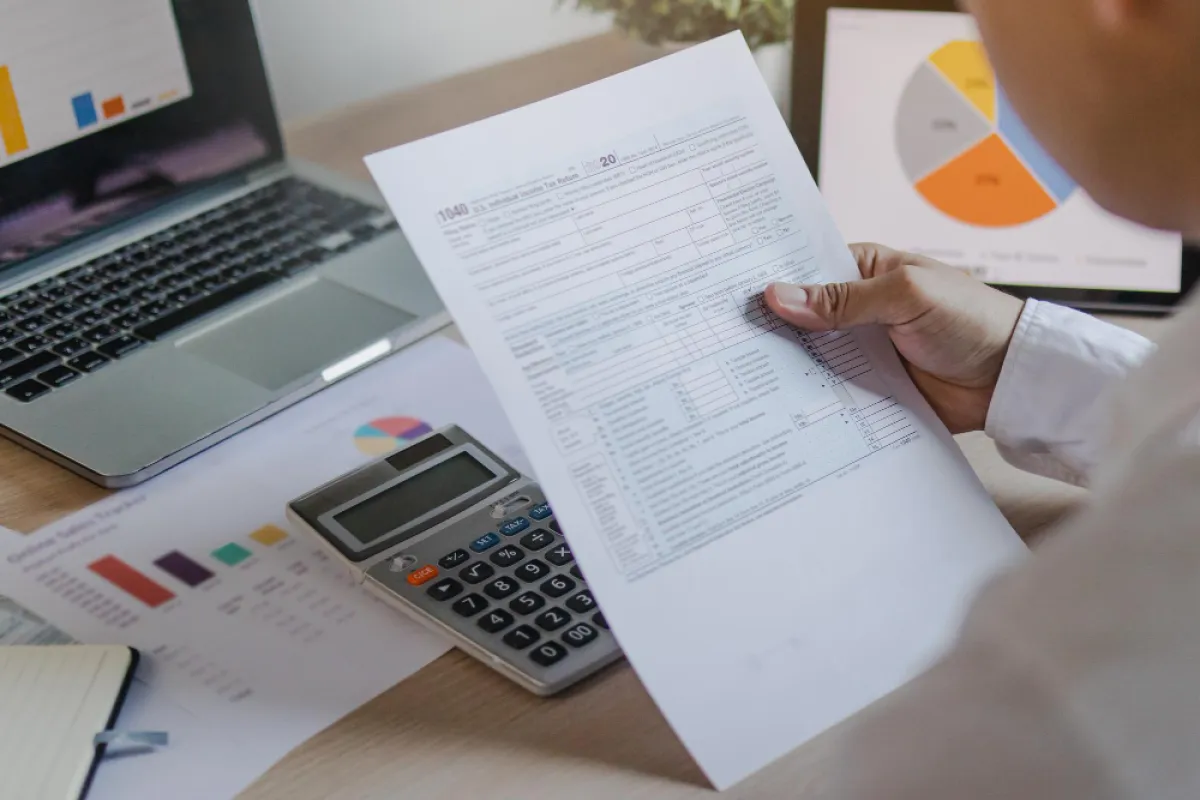The government necessitates the collection of taxes to finance public development and initiatives that are beneficial to society. Thus, the Revenue Department has the responsibility to collect taxes, including direct taxes that are collected directly from income earners, and indirect taxes collected from consumers or various services.
Value-Added Tax (VAT) is an indirect tax levied on the sale of goods or services. Businesses can shift this tax burden onto consumers or service recipients, making them responsible for paying VAT. As such, operators are tasked with collecting and submitting VAT to the Revenue Department.
Therefore, the responsibilities of a registered VAT operator are as follows:
- Collect VAT from buyers or service recipients.
- Issue tax invoices.
- Parties responsible for issuing tax invoices.
- Issuing tax invoices in paper format.
- Issuing tax invoices electronically.
- Prepare reports as mandated by law, which include:
- Purchase tax reports.
- Sales tax reports.
- Product and raw material reports.
- Submit VAT declaration forms through various channels, such as:
- Online submission and tax payment.
- Submission and tax payment at local Revenue Department branches.
- Submission and tax payment at Thai commercial banks.
- Submission and tax payment at local Excise Department offices (area 1 - 5) and Excise Department branches for businesses that sell goods or provide services subject to both excise tax and VAT.
- Submission of Import Declaration forms and VAT payment, along with import duty payment under the customs law, at customs offices where goods are imported. This applies to registered businesses or importers who bring in goods.
Data updated on August 04, 2022
Source: The Revenue Department, 90 Phaholyothin 7, Phayathai, Phayathai, Bangkok 10400
Tel. +66 2272 8000
For more information
